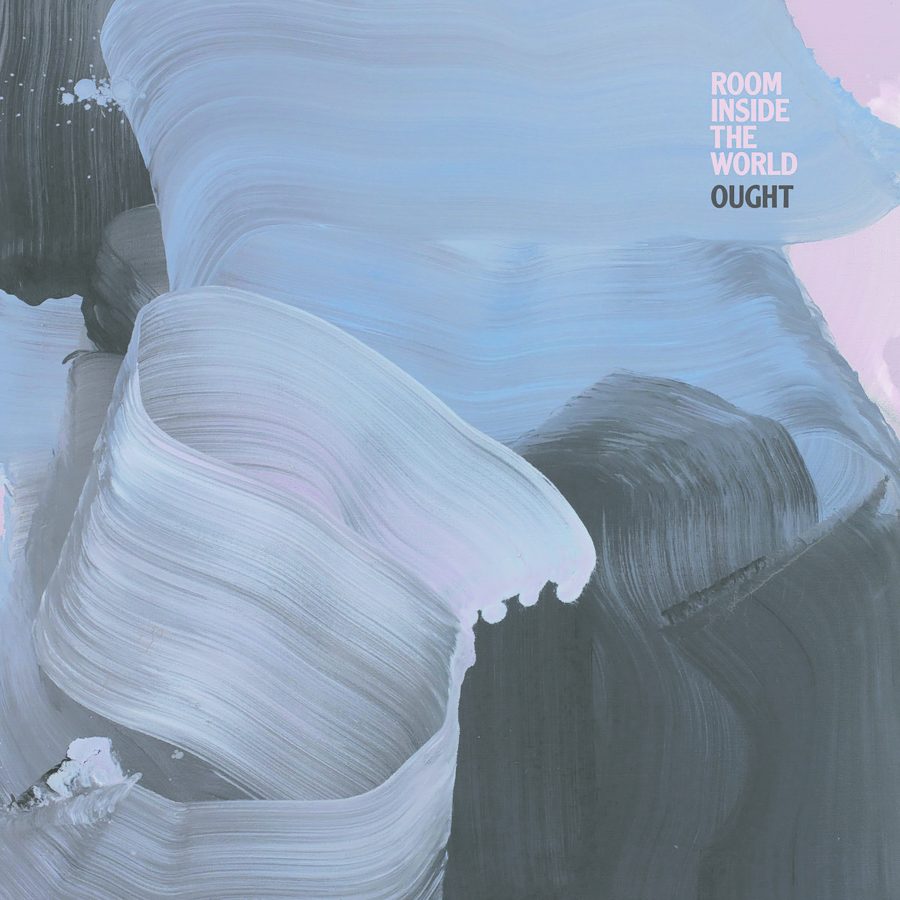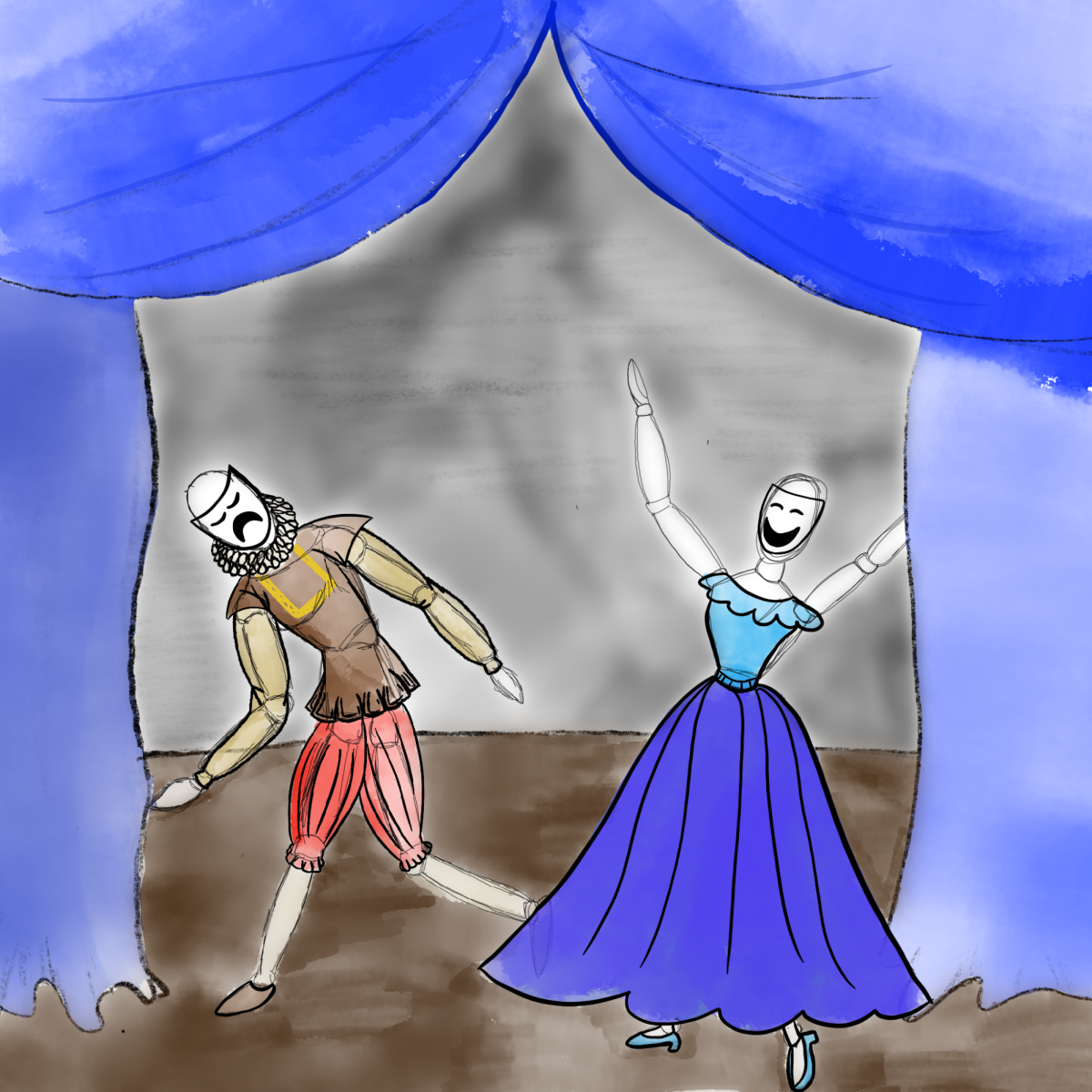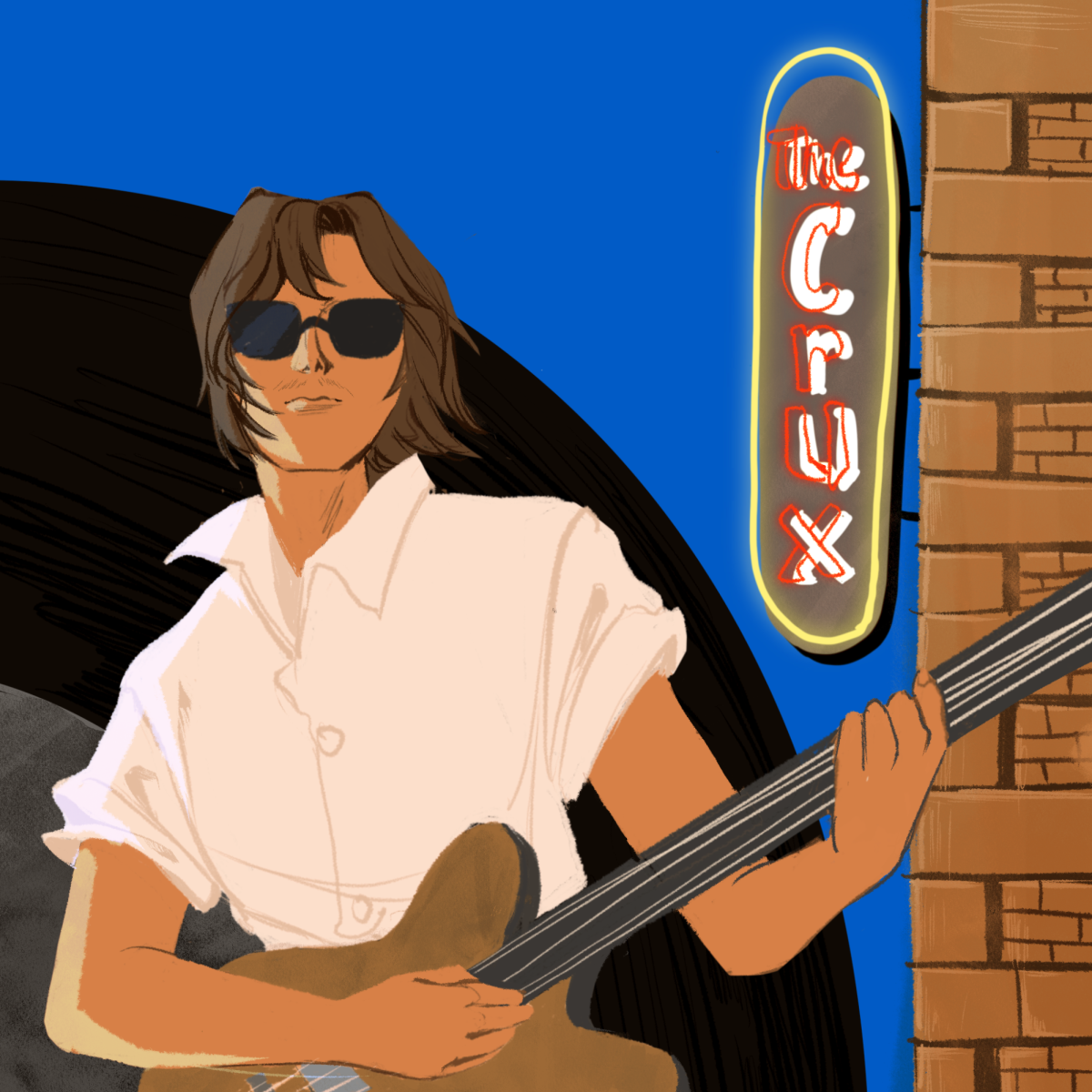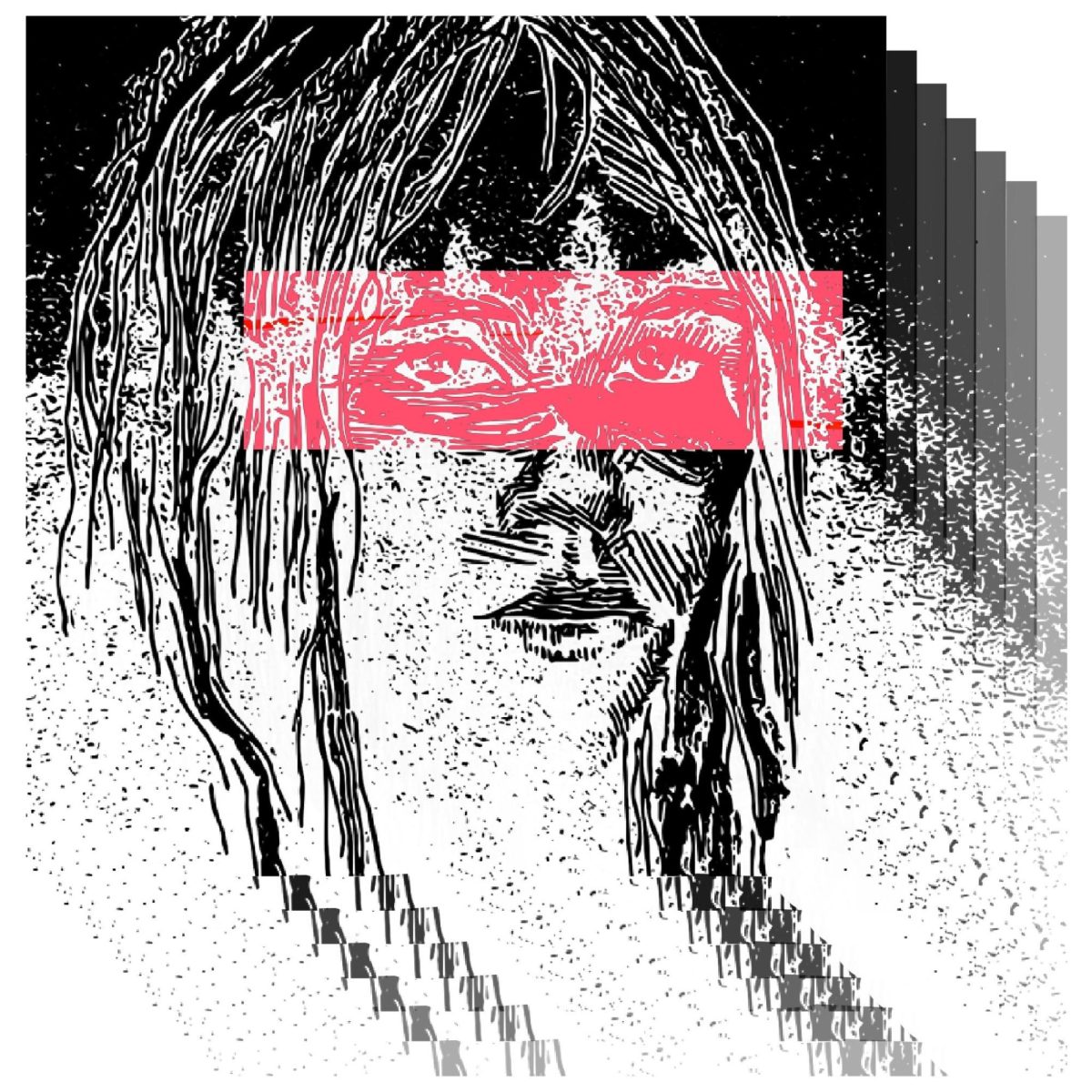The latest studio album, The Room Inside the World, from Canadian post punk/alternative rock band Ought takes a leap into new territory. However, despite talking classic elements from the past and present, Ought fails to stick the landing.
The third studio album by the Montreal based quartet, The Room Inside the World follows Sun Coming Down, released in 2014 and More Than Any Other Day in 2015. Originally known for high energy post-punk tunes, Ought’s latest project strays into a more contemporary sphere where strong production efforts and dynamic vocals dominate the mix. While their experimentation lead to some compelling moments, this is also what holds the
album back.
The Room Inside the World gives a spotlight to synth distortion elements not commonly found in an Ought record, adding in some needed variety to songs that sound dull. “Brief Shield,” a slow pensive tune, lacks melodic variation, but keyboard synth breakdowns provide relief to the repetitive tone. Another successful implication of this is heard in “These 3 Things,” where a ringing synth background and intro steal the show.
In recent interviews, frontman Tim Darcy revealed the band used to spend little time writing, recording and refining their albums, but this LP marks a change in their working habits. While some songs benefit from the group’s intensified production efforts, the majority suffer. The closing guitar riff in “Take Everything” gets lost, blending in with the noise of the other instruments to create a cluttered sound. In contrast, the closing song “Alice” makes good use of harmonies and blending sounds. The slowed percussion accompanied by occasional chord strums and distant waling make for a trance like listening experience.
A glaring difference in this album old Ought fans will surely notice is the variation in Darcy’s vocals. Multiple songs place Darcy’s experimental and dynamic vocals front and center, reminiscent of the echoed performances from Morrissey of The Smiths. However, unlike Morrissey’s charmingly melancholic pipes, Darcy’s attempts to connect with his audience sometimes get lost in rambling moments. In songs such as “Into the Sea” and “Desire,” Darcy’s wailing adds heartfelt emotion to both songs. But this isn’t the case for “Pieces Waisted,” when the exaggerated vocals accompanied with the lethargic pace of the song make the song annoying. Darcy’s drone-like vocals sounds as if they’re delivered in an attempt to become a less cool King Krule.
Although the added time in postproduction has dramatically altered Oughts sound, their songs as a whole have a more variations and feel more like complete compositions.“Disaffectation” features time changes to break up the song as well as distinct climax and come down. “Desire” along with a few other can also be broken down into parts that make the sound complete with no abrupt endings.
Ought’s latest project The Room Inside the World takes a very noticeable deviation from their historically raw post punk sound. The album has its fair share of strengths, but much of the album sounds overproduced, and fails to evolve into anything record breaking.
Rating: 6/10





















